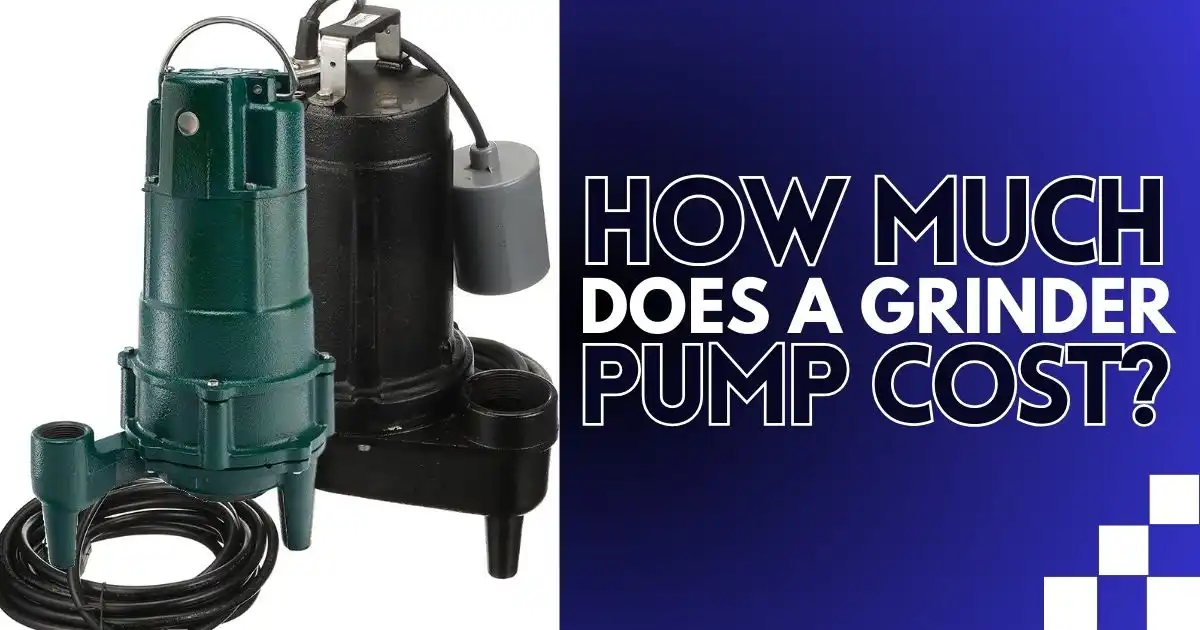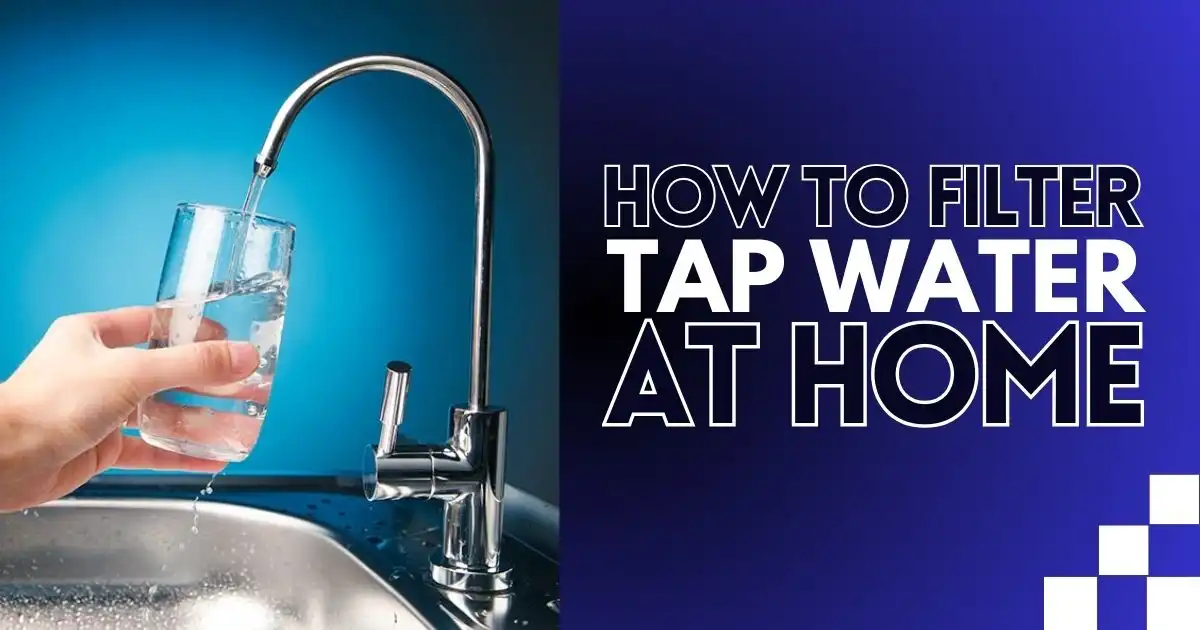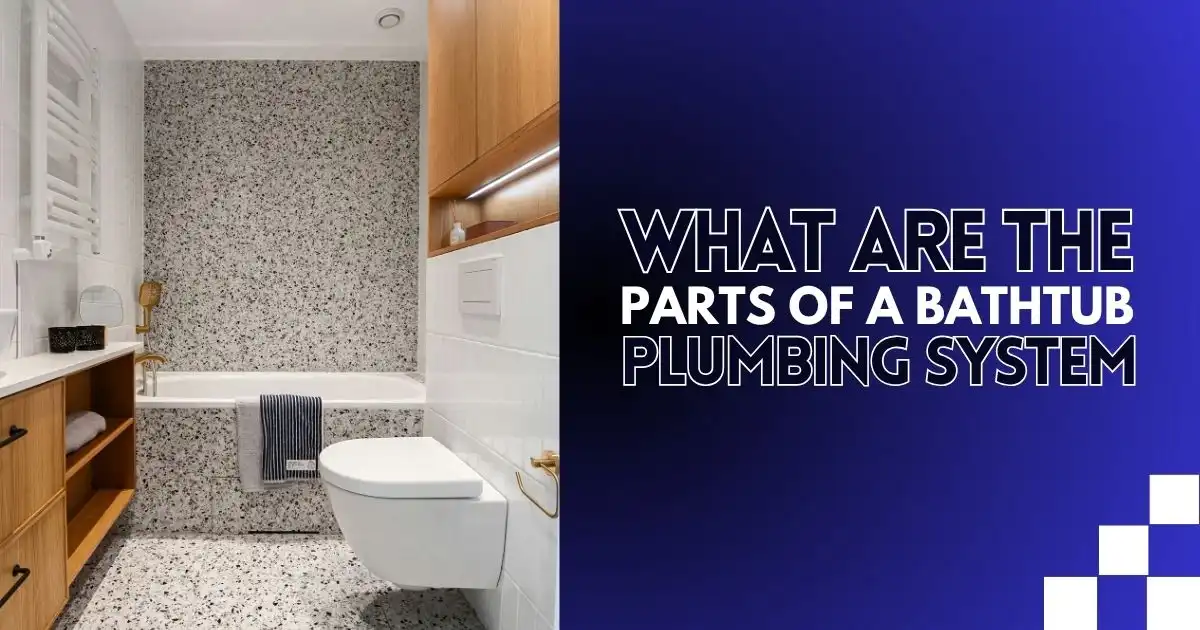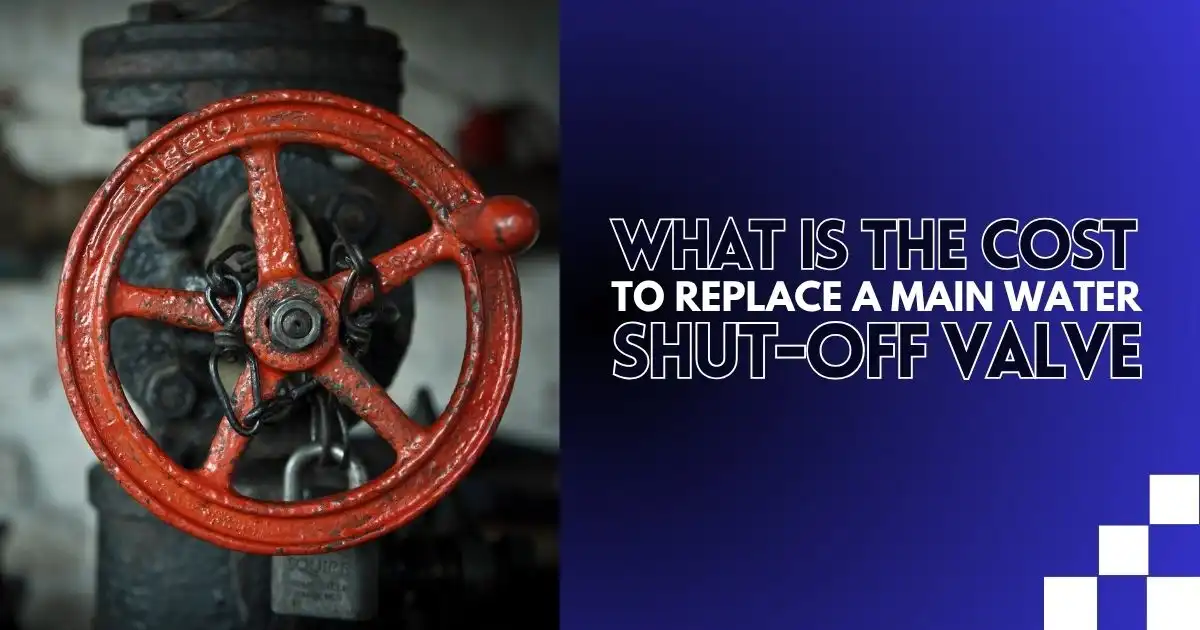If your home relies on a septic system or sits below the main sewer line, you may need a grinder pump to keep things flowing smoothly. But when it’s time to install or replace one, the cost can be a big concern. Grinder pumps aren’t cheap, and prices can vary based on the type, size, and labor involved.
Installing a grinder pump costs about $3,000 on average. Most homeowners pay between $2,000 and $4,000, depending on the pump type, size, and labor. Higher-end models or those with more power can cost even more. Additional expenses, such as permits, excavation, and electrical work, may also affect the total price.
What Is a Grinder Pump?
A pump sump grinder is a specialized device designed to grind and pump wastewater from residential or commercial properties to the main sewer line. It is particularly useful in areas with challenging topography, such as hilly or flat terrain, where traditional gravity-fed systems are less effective.
The pump sump grinder reduces solid waste into a slurry, making it easier to transport through smaller diameter pipes. This technology provides a reliable solution for managing wastewater in locations where conventional systems may be impractical or inefficient.
Factors Affecting Grinder Pump Costs
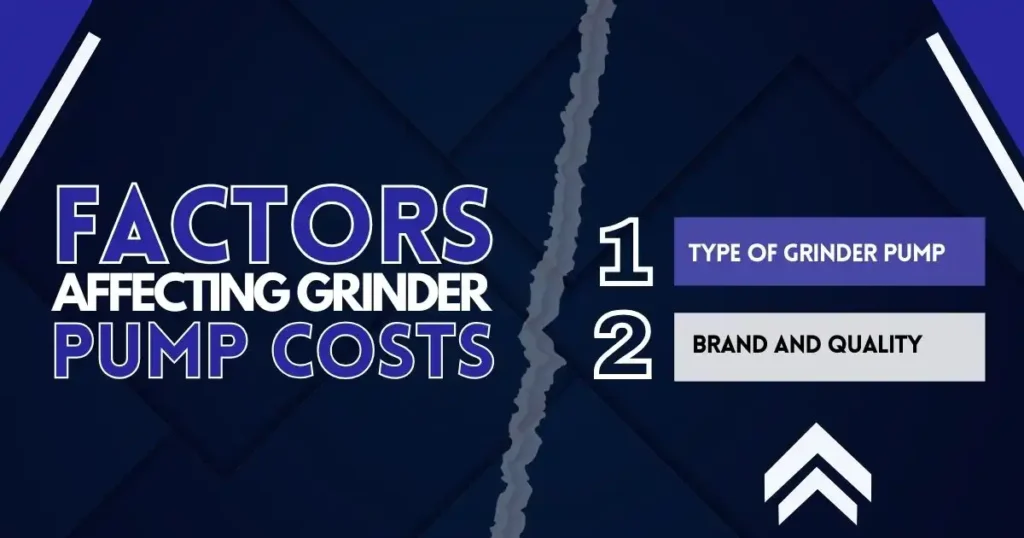
1. Type of Grinder Pump
Grinder pumps come in two main types based on usage. Residential grinder pumps, typically used in single-family homes or small properties, generally cost between $1,000 and $2,500, including the grinder pump installation cost. When budgeting, it’s also important to factor in the septic grinder pump cost, as prices can vary based on brand and specifications.
On the other hand, commercial grinder pumps, designed for larger facilities or industrial use, range from $5,000 to $15,000, depending on their capacity and features.
2. Brand and Quality
Premium grinder pumps often come with advanced technology, such as higher-powered motors, enhanced cutting mechanisms, or smart monitoring systems that can detect and alert users to potential issues. High-efficiency pumps have longer warranties, showcasing their durability and performance. While costlier upfront, they offer reliability and long-term savings.
This means fewer repairs, less downtime, and lower maintenance costs over their lifespan. For homeowners or businesses seeking a long-term solution, investing in a premium grinder pump can prove to be a more cost-effective choice over time.
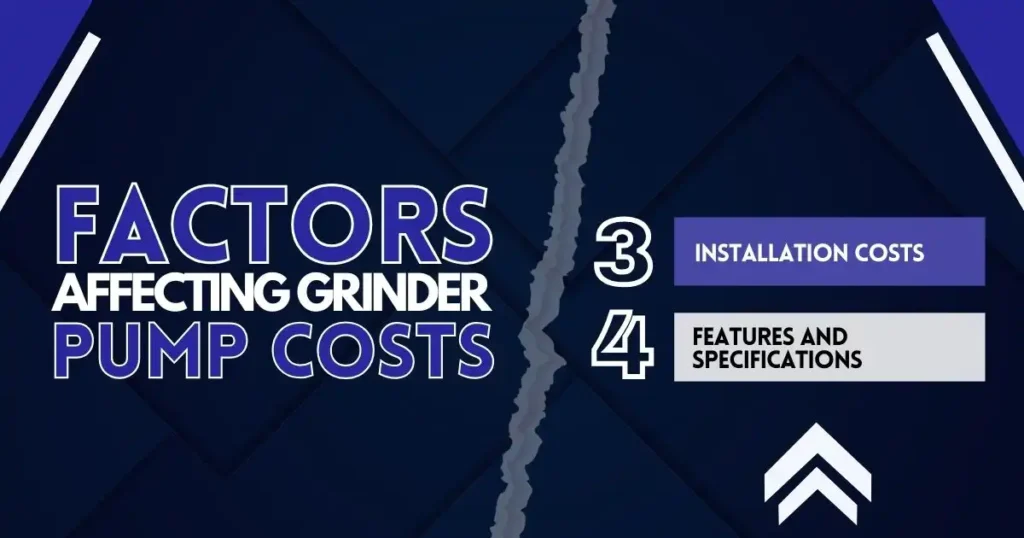
3. Installation Costs
Professional installation is recommended for grinder pumps to ensure proper functioning. Sewer grinder pump cost can vary widely, with installation typically ranging from $500 to $3,000, depending on:
- Complexity of the installation
- Local labor rates
- Additional equipment or piping needed
4. Features and Specifications
Grinder pumps are important for wastewater management, with costs varying based on usage and features. Residential models for single-family homes or small properties typically cost $1,000–$2,500 and are designed for moderate use. Commercial pumps, built for larger facilities or industrial applications, range from $5,000–$15,000, offering higher flow rates, horsepower, and durability.
Advanced features like remote monitoring, energy efficiency, and corrosion-resistant materials can significantly increase prices, ensuring better performance and reduced maintenance. Larger pumps with greater capacities also come at a higher cost but are essential for heavy-duty applications. Selecting the right pump requires balancing performance needs and long-term reliability.
Additional Costs to Consider
- Maintenance and Repairs: Grinder pumps require routine maintenance to function optimally. Annual servicing might cost around $150 to $300. If grinder pump repair is needed, expenses can range from $200 to $1,500, depending on the issue.
- Replacement Costs: The lifespan of a grinder pump is typically 8 to 10 years with proper maintenance. Replacing a pump can cost roughly the same as the initial purchase, so it’s wise to budget for future replacements.
- Electricity Costs: Since grinder pumps run on electricity, operational costs depend on usage and local energy rates. On average, these costs are minimal, adding about $10 to $20 per month to your utility bill.
Tips for Choosing the Right Grinder Pump

- Assess Your Needs: Assess your needs by determining the size and capacity requirements of the pump based on your property’s wastewater output. Take into account any future needs to ensure the pump is not under-sized.
- Compare Brands and Models: Research reputable brands known for their reliability and durability, and read reviews or consult professionals for recommendations.
- Budget for Installation and Maintenance: When purchasing a grinder pump, it’s important to budget for both installation and maintenance. Installation costs vary based on setup complexity and property location, with potential extra work like trenching or electrical adjustments.
Long-term maintenance costs, such as regular inspections, part replacements, and repairs, are important to consider. For tasks like sewage grinder pump installation, factoring in these expenses ensures you’re prepared for both initial and ongoing costs.
The Real Price of Choosing a Grinder Pump
We’ve all faced those unexpected plumbing issues that throw a wrench in our day—clogged pipes, backups, or worse. It’s tempting to overlook the importance of a grinder pump until a major problem arises. But investing in the right solution now isn’t just about avoiding immediate hassles; it’s about safeguarding your home, your wallet, and your peace of mind for the long haul.
Don’t let plumbing concerns disrupt your life. Vegas Plumbing Pros offers expert guidance and reliable grinder pump solutions to fit your needs and budget. Contact us today and take the first step toward a worry-free plumbing system.
FAQs
When do you need a pump station?
A sewage pumping station is needed when gravity-fed flow is impractical. A septic grinder pump breaks down waste for smooth drainage. Homeowners should factor in sewer grinder pump system cost and maintenance to avoid costly repairs.
Why are grinder pumps so expensive?
The high costs of FDA testing, research, and proprietary components are key factors driving expenses. Liability concerns also deter manufacturers from working with medical companies, adding to the costs. This is similar to how grinder pump replacement cost varies due to specialized parts. Both require precision and expertise, which impacts pricing.
What Is the Cost of a Grinder Pump Station?
Installing a grinder pump typically costs between $1,500 and $5,000, with the average price around $3,000. While it might not be the most exciting home investment, a grinder pump is essential for many households. It grinds sewage waste into a fine slurry, ensuring efficient transport to a septic tank or central sewer system. When budgeting, it’s helpful to factor in residential grinder pump system cost to avoid surprises.
How long do grinder pumps last?
A dual seal grinder pump lasts about 10 years, depending on design, materials, and maintenance. Homeowners weigh sewage grinder pump costs for budget and efficiency. Those in need of a grinder pump in Nevada should also consider local installation and maintenance services for the best performance.
